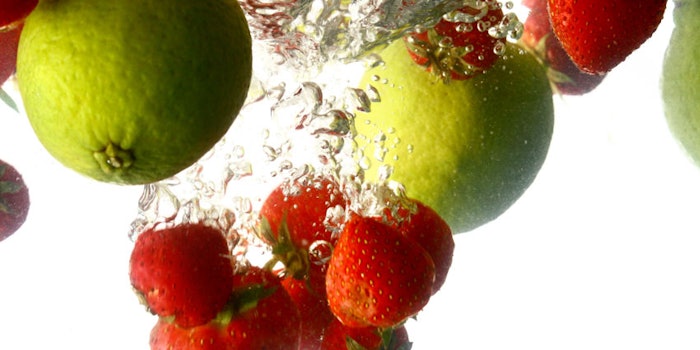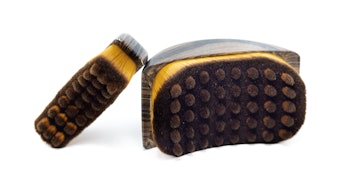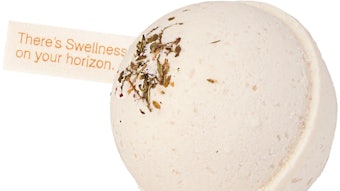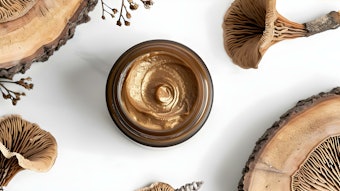
Dry, flaky skin is a major concern for many people, especially in the winter. While moisturizers, oils and creams are great for topical use, treating skin from the inside out can also help to introduce some hydration back into the skin.
- Vitamin C helps boost skin hydration while working to prevent wrinkles. Foods filled with vitamin C include: broccoli, brussels sprouts, cauliflower, pineapple, kiwi, oranges and avocados.
- Vitamin E protects the skin from free radicals, which can lead to early signs of aging. Almonds, sunflower seeds, spinach, avocados, trout, walnuts, sweet potatoes, butternut squash and olive oil are some of the foods rich in vitamin E.
- Beta-Carotene works to protect the skin against damage from UV rays. Some foods rich in beta-carotene are sweet potatoes, carrots, leafy greens, spinach, winter squash, kale, pumpkin, red peppers, peas and broccoli.
- Healthy Fats help to keep the skin moisturized and flexible. Avocados are one of the best foods containing healthy fats along with cheese, extra virgin olive oil, fatty fish, whole eggs, chia seeds and dark chocolate.
- Omega-3 Fatty Acids can also work wonders on the skin. Foods high in omega-3 fatty acids include: seafood, wild salmon, mackerel, chia seeds, flaxseeds, walnuts, sardines, soybeans and olive oil.
- Zinc can actually help with creating new skin cells. Seafood, dark chocolate, oysters, lamb, wheat, pumpkin seeds and spinach are all rich in zinc.
- Potassium fights against another form of food that could be drying your skin out: sodium. Bananas, sweet potatoes, spinach, watermelon, avocados, walnuts, yogurt, dark chocolate, tomato soup, edamame and butternut squash are some of the numerous foods that are rich in potassium.
- Antioxidant-rich foods have numerous benefits, but they specifically protect the skin from free radicals. Dark chocolate, blackberries, blueberries, cranberries, pecans, walnuts, spinach, strawberries and artichokes are all included in the antioxidant-rich food family.










